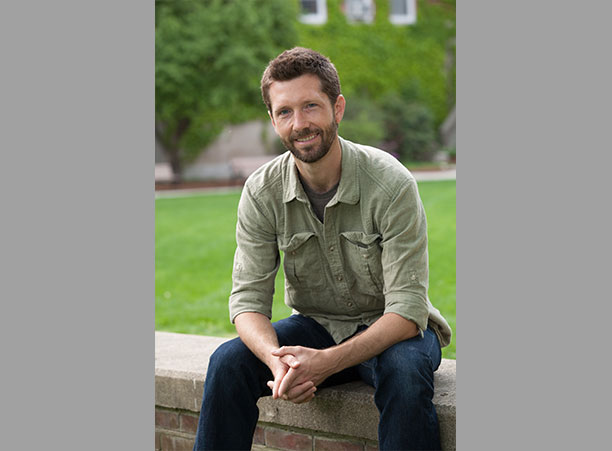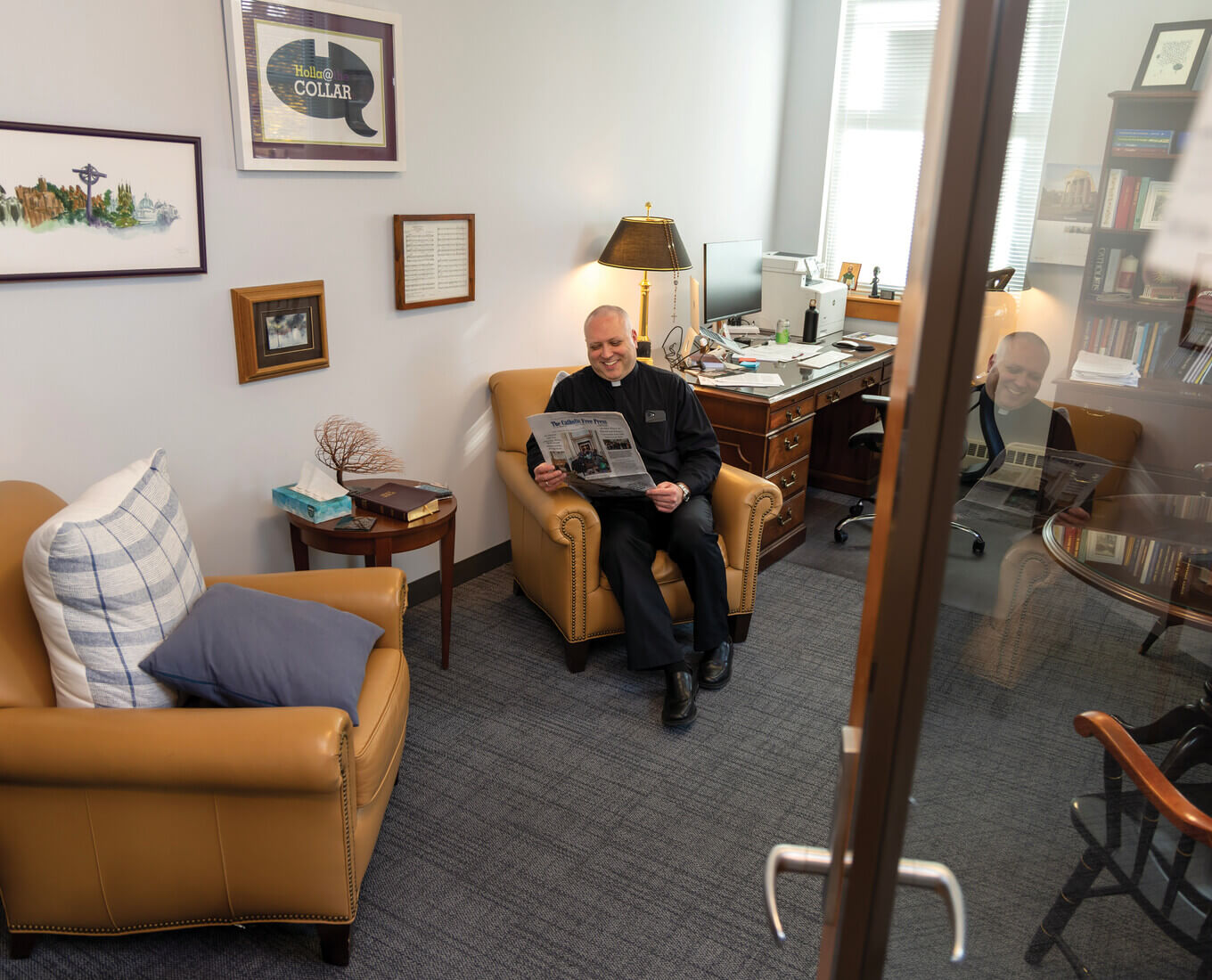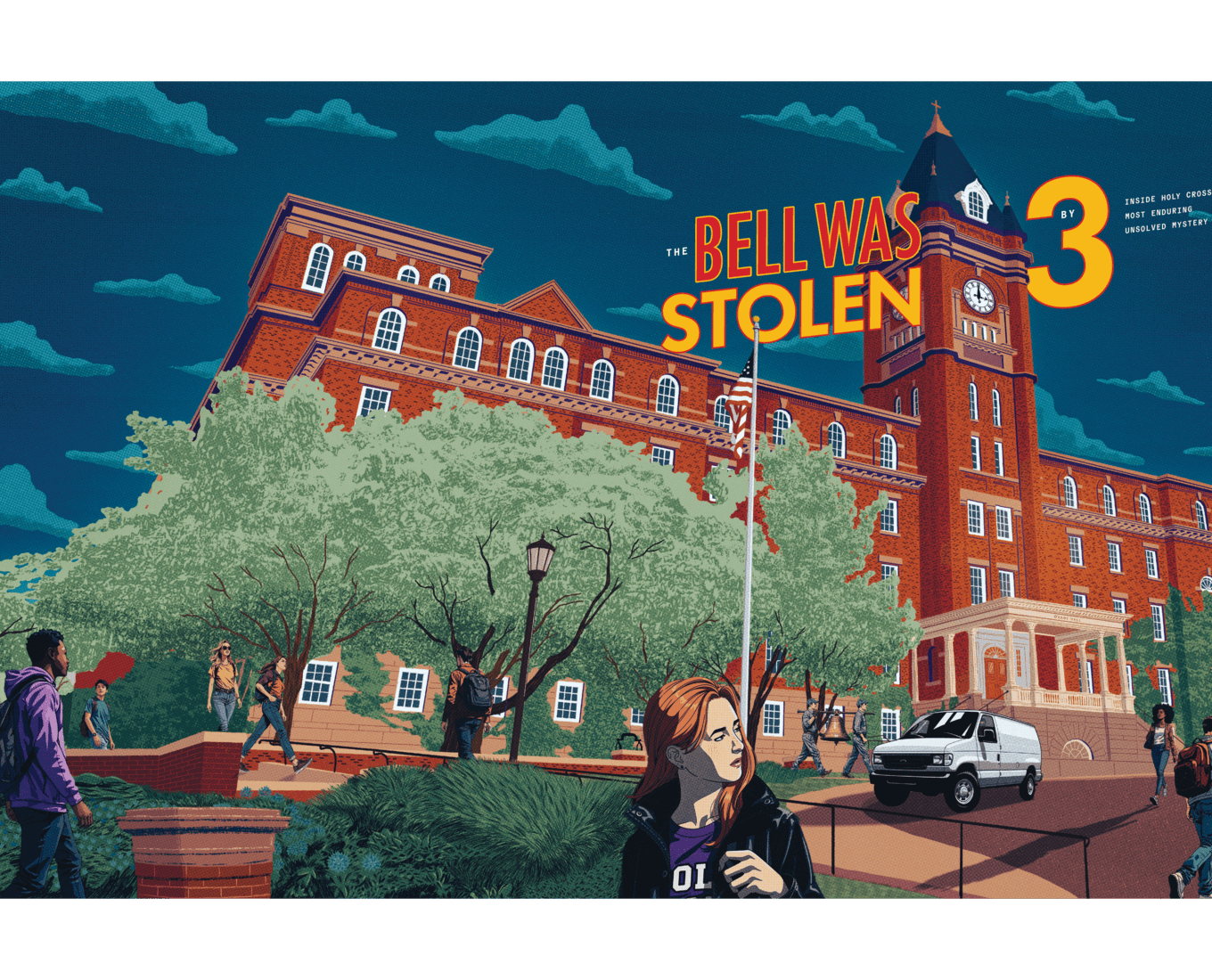 Jack Schneider, assistant professor of education at the College of the Holy Cross, takes over Valerie Strauss’ Washington Post “Answer Sheet” column to look at the truth behind the “factory model” theory and whether school design is really the cause of student disengagement and inadequate learning.
Jack Schneider, assistant professor of education at the College of the Holy Cross, takes over Valerie Strauss’ Washington Post “Answer Sheet” column to look at the truth behind the “factory model” theory and whether school design is really the cause of student disengagement and inadequate learning.
Schneider argues that schools are not actually modeled after a factory. “That’s an invented history full of errors and omissions. It illustrates very little knowledge of how actual factories operated. And it happens to totally disregard the evolutionary changes that have taken place over the past several hundred years,” he writes.
He explains that engaging students in deep learning requires the cultivation of environments of trust and care. “It means finding adequate space for play and for hard work. It means nudging and cajoling students, pestering and praising them. It means uncovering puzzles and conjuring mysteries. It means drawing connections to student interests, engaging with the real world, and cracking the occasional joke. Masterful teachers know this. And their classrooms are places of wonder. No observer would ever liken them to factories,” he continues.
Schneider says schools are more like gardens than they are like factories. “And great gardens aren’t the result of modernist design or entrepreneurial innovation. They are products of attention, devotion, and love. They are complex systems that demand our time and respond to our care. And in a thousand different blooms, they reward us with their beauty.”
This “Holy Cross in the News” item by Cristal Steuer.

